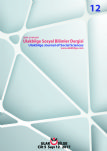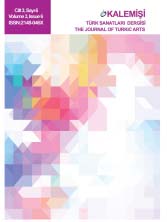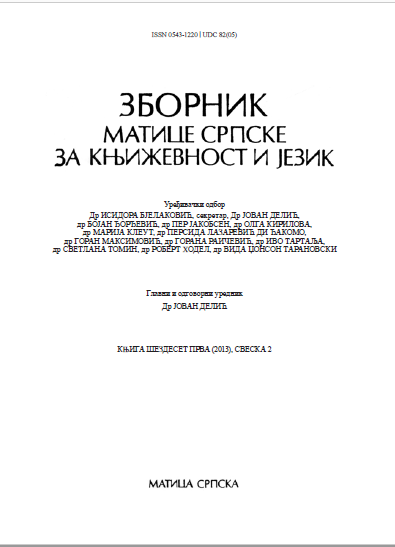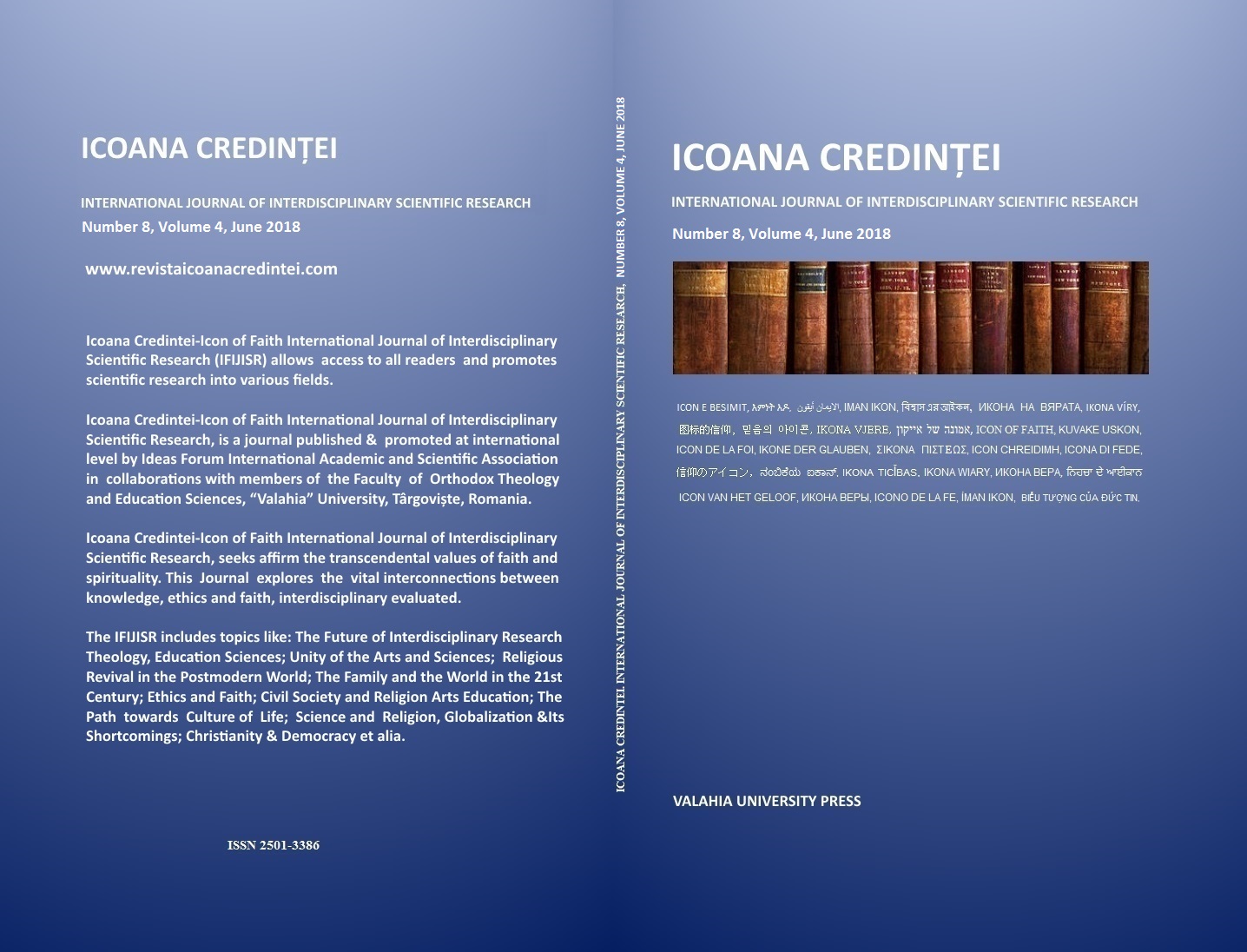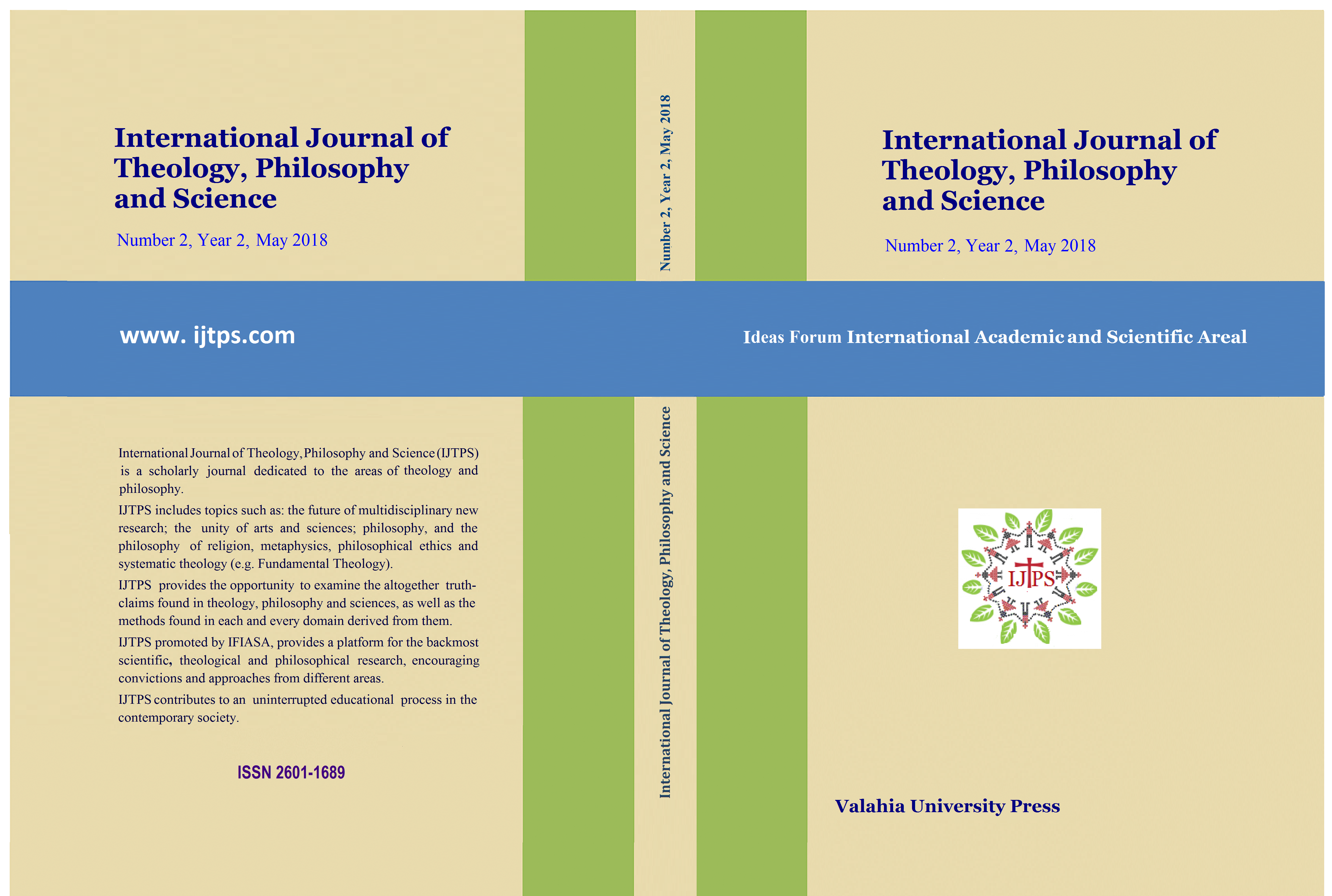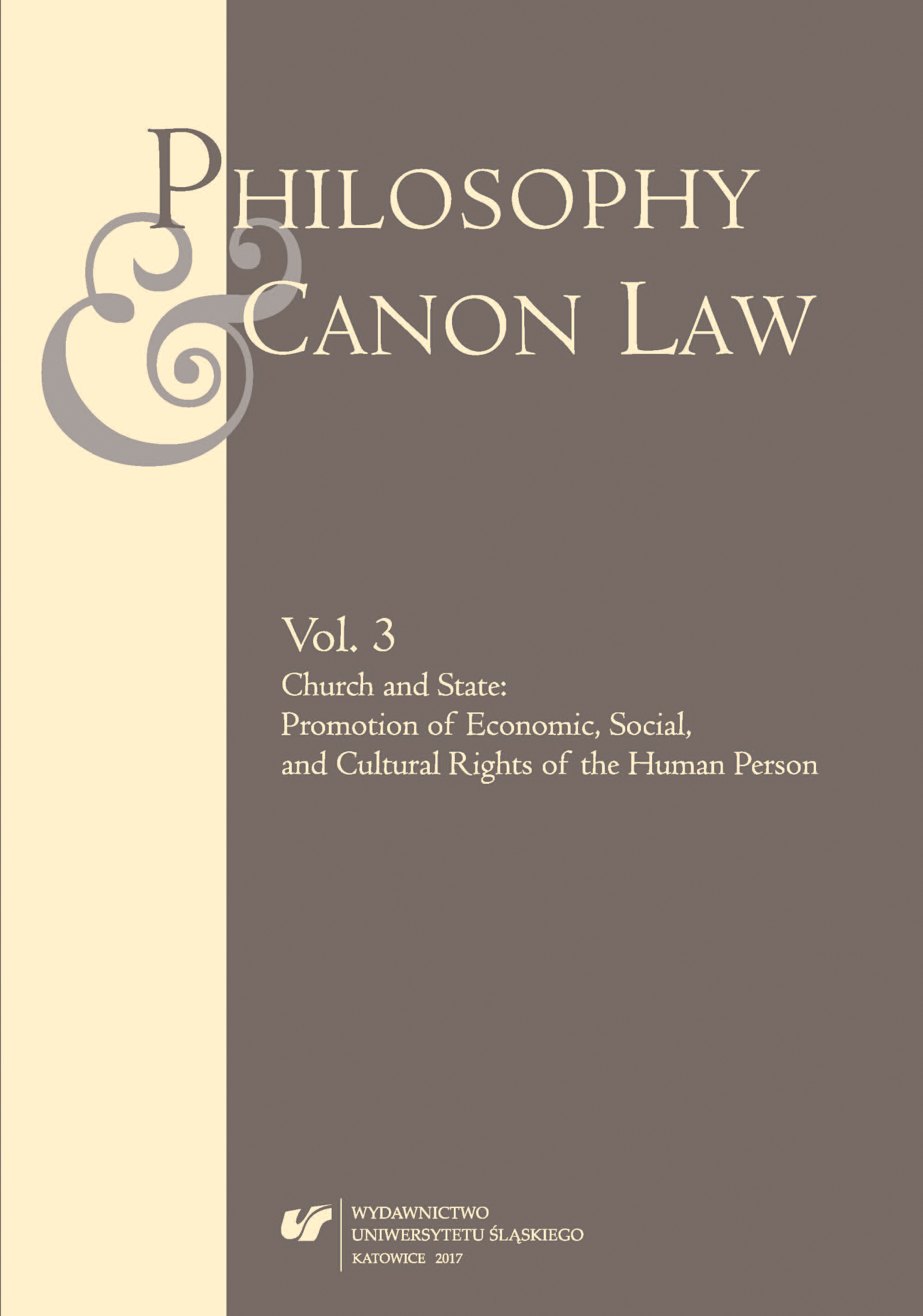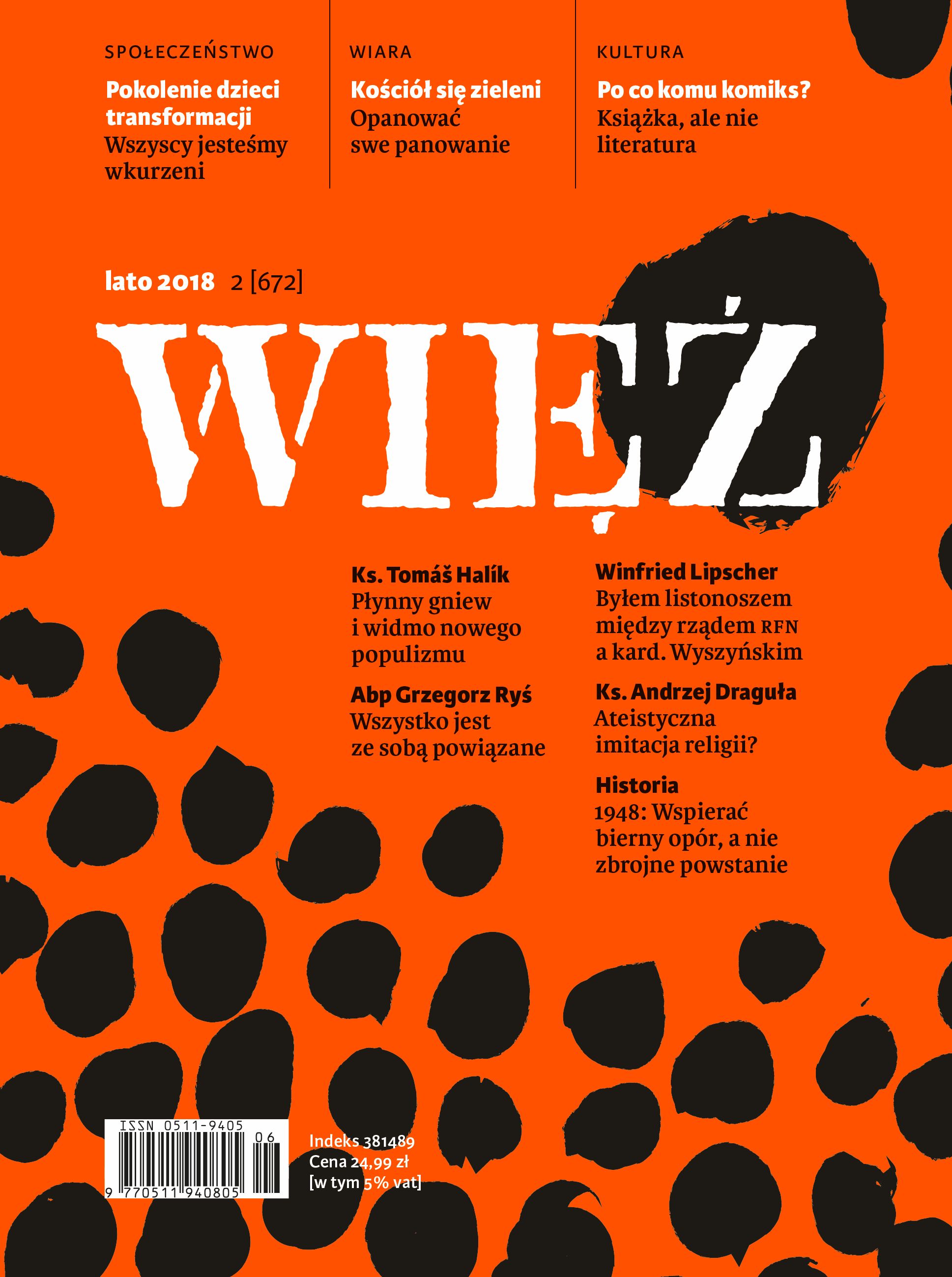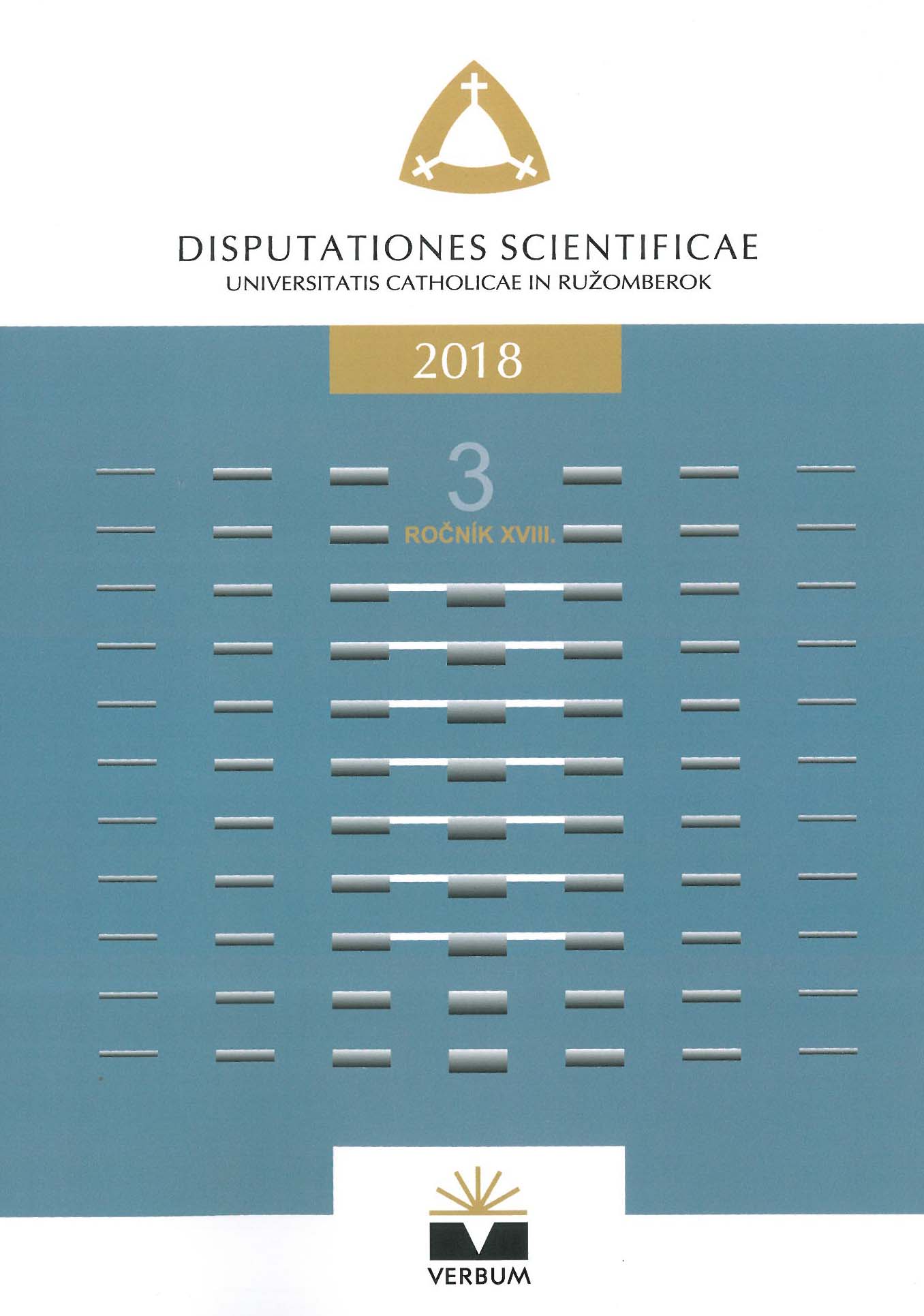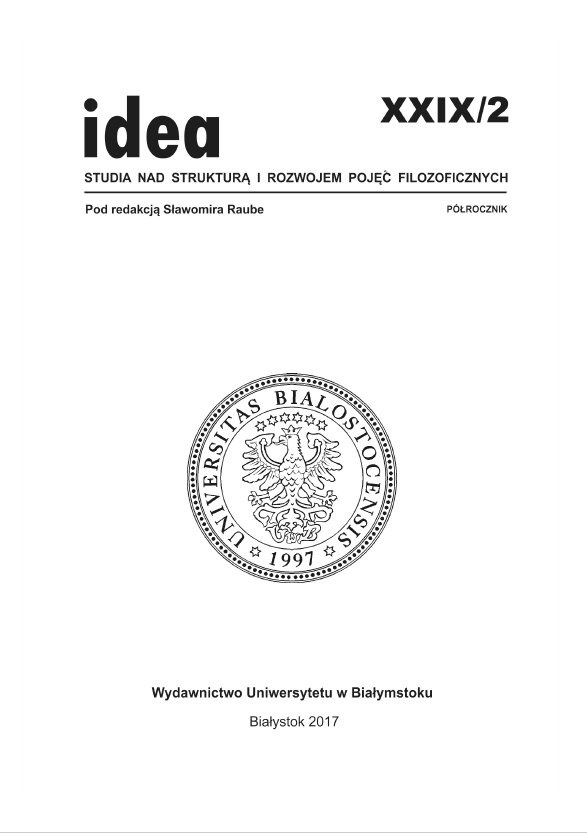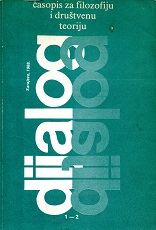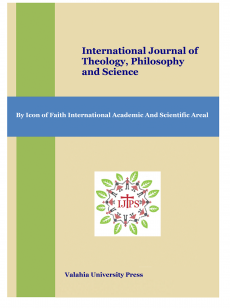
The Divine Logos and possible Worlds
In this paper I intend to show an attempt to translaeted into mathematics, especially into set theory and infinitary epistemic logic, the notion of “Divine Logos”. From this translation, what is intended is to present the notion of metaphysical causality as strictly analogous to the epistemic implication and, with this, it attempts to provide a logical (and metaphysics) path that begins with Divine logos and terminates in the notion of the possible world. In this percourse, I am always pressuposing that God, by means of His “Divine Logos”, knows every step of His creation, and this fact is explictly express by means of the last formula of this paper, namely, the expression. nr. 17. The inspiration for this construction comes from Leibniz's metaphysics and the theory of transfinite numbers of Georg Cantor,a German mathematician who is the founder of Theory of Sets.
More...

